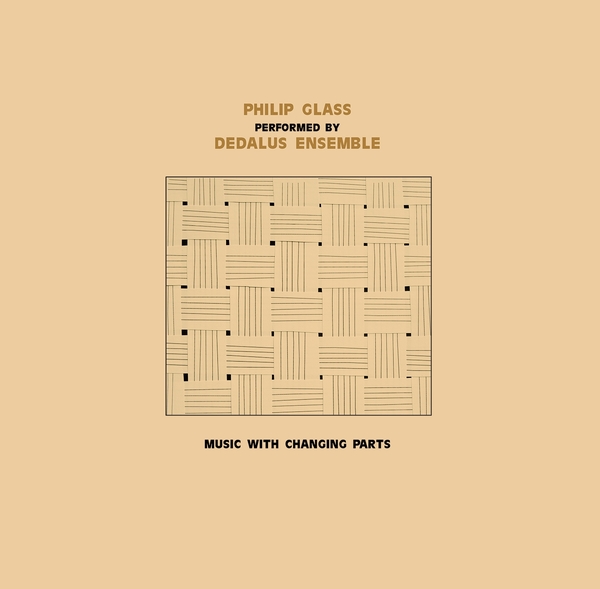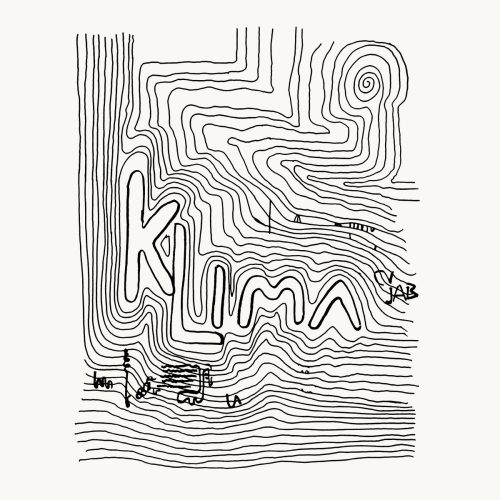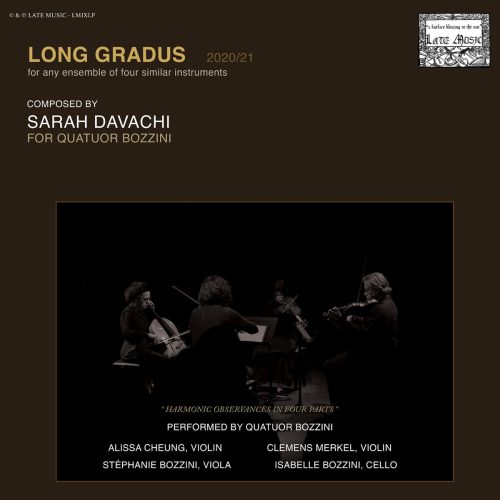- You cannot add that amount to the cart — we have 1 in stock and you already have 1 in your cart. View cart
Dedalus Ensemble Performing Philip Glass: Music with Changing Parts
Label: Sub Rosa
Genre: Highlights, Experimental
$42.99
Availability: In stock
Audiopile Review: From an outsider’s perspective, the New York minimalism of Philip Glass and Steve Reich has only kinda been admitted to the classical music canon. Composers from Chopin to Schoenberg are constantly being reinterpreted by new hotshot soloists and conductors. But Glass and Reich’s seminal work remains tied to the performances their overlapping ensembles recorded in the 1970s. This is frustrating given the often-open-ended nature of the compositions. And that’s why it’s always a relief when we get a record like Dedalus Ensemble’s performance of Glass’s 1970 masterwork ‘Music with Changing Parts’. Dedalus is a long-running French ensemble that, heavens-be-praised, specializes in performing new interpretations of classic minimalist pieces. Embracing the openness of the score, this recording focuses on bringing out the rich tone colours produced by Glass’s layering of instruments. Minimalism this early can sound stern and cerebral, but this interpretation (while rigorous) is all shimmering radiance and intoxicating beauty. Damn, maybe this stuff is just too damn sexy for the classical canon.
Double LP version. Founding work of minimalism, Music with Changing Parts is a piece with free instrumentation. The musicians choose which part to play among the eight staves of the score. At each indicated cue, the musicians can change part, which produces an abrupt change of instrumentation. While the music is based on a melodic material limited to a few notes that are repeated in patterns that expand or contract, the changes in orchestration refresh the listening experience by producing sonic contrasts. These techniques at work in Music with Changing Parts, written in 1970, will lead Philip Glass to renew his language and move from the monochromatic works that precede it to more dramatic works such as music in 12 parts and especially the opera Einstein on the Beach. When Philip Glass began rehearsing the piece, he was surprised to hear long notes when everything was written in eighth notes. After making sure that none of the musicians were playing held notes, he realized that the fact that the same notes were played by all the instruments in the ensemble produced, through a psycho-acoustic effect, a harmonic substrate of resonant frequencies. He then decided to add to the score the possibility of playing long notes to reinforce this effect. “For this recording, we chose to record first the eighth notes, then the long notes in re-recording. This utopian version, with each musician playing short and long notes at the same time (!), illustrates the minimalist aesthetic that plays with our perception and allows us to reconcile opposites and cultivate the apparent paradox of a music that moves forward without Moving and changes constantly while remaining the same.” –Dedalus Ensemble






